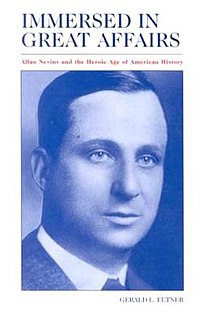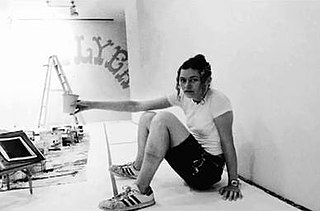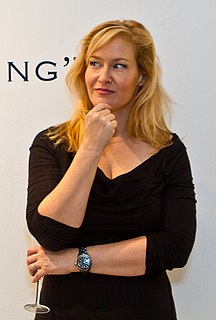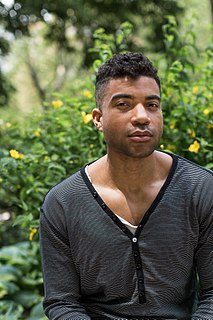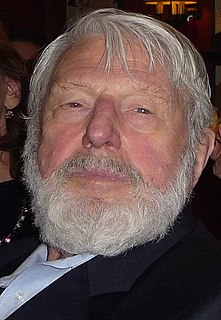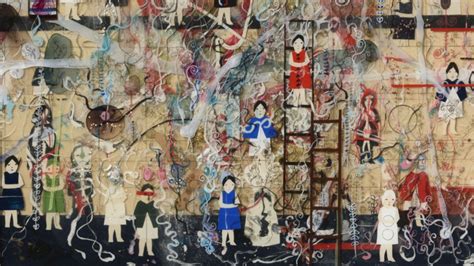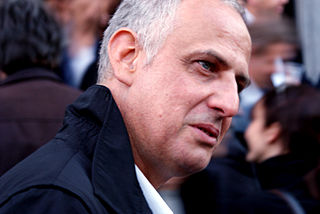A Quote by Allan Nevins
If history were a photograph of the past it would be flat and uninspiring. Happily, it is a painting; and, like all works of art, it fails of the highest truth unless imagination and ideas are mixed with the paints.
Related Quotes
Having a background in doing printmaking and letterpress, I think that I became very interested in images that were flat and graphic. And my painting still today is very flat...American craft is like that too - the painting is very flat. And also the painting that you see on the storefronts, handmade signs, tend to be very flat. That's probably my biggest influence.
I guess my choice of medium depends on how I want to interpret the idea. Sometimes the interpretation works best in a photograph, and then sometimes it works best in a drawing. But most often times, with the work, everything starts with the diorama with the photograph. Then I'm just filtering out ideas and images from the photograph and reinterpreting them in other mediums.
[Comics is] one of the last havens for honesty when it comes to a reader's genuine response to art. Most of us, if we don't find any sympathy or pleasure, for example, in a modern painting, are likely to blame our own ignorance of the history and theory of painting. But nobody pretends to like a bad comic strip. Such harshness is necessary for any real truth to surface, I think, and for art to really contribute anything to life. Though I don't know. I could be wrong.
Malevich, Lissitsky, Kandinsky, Tatlin, Pevsner, Rodchenko... all believed in the social role of art... Their works were like hinged doors, connecting activity with activity. Art with engineering; music with painting; poetry with design; fine art with propaganda; photographs with typography; diagrams with action; the studio with the street.
I must say a few words about memory. It is full of holes. If you were to lay it out upon a table, it would resemble a scrap of lace. I am a lover of history . . . [but] history has one flaw. It is a subjective art, no less so than poetry or music. . . . The historian writes a truth. The memoirist writes a truth. The novelist writes a truth. And so on. My mother, we both know, wrote a truth in The 19th Wife– a truth that corresponded to her memory and desires. It is not the truth, certainly not. But a truth, yes . . . Her book is a fact. It remains so, even if it is snowflaked with holes.
